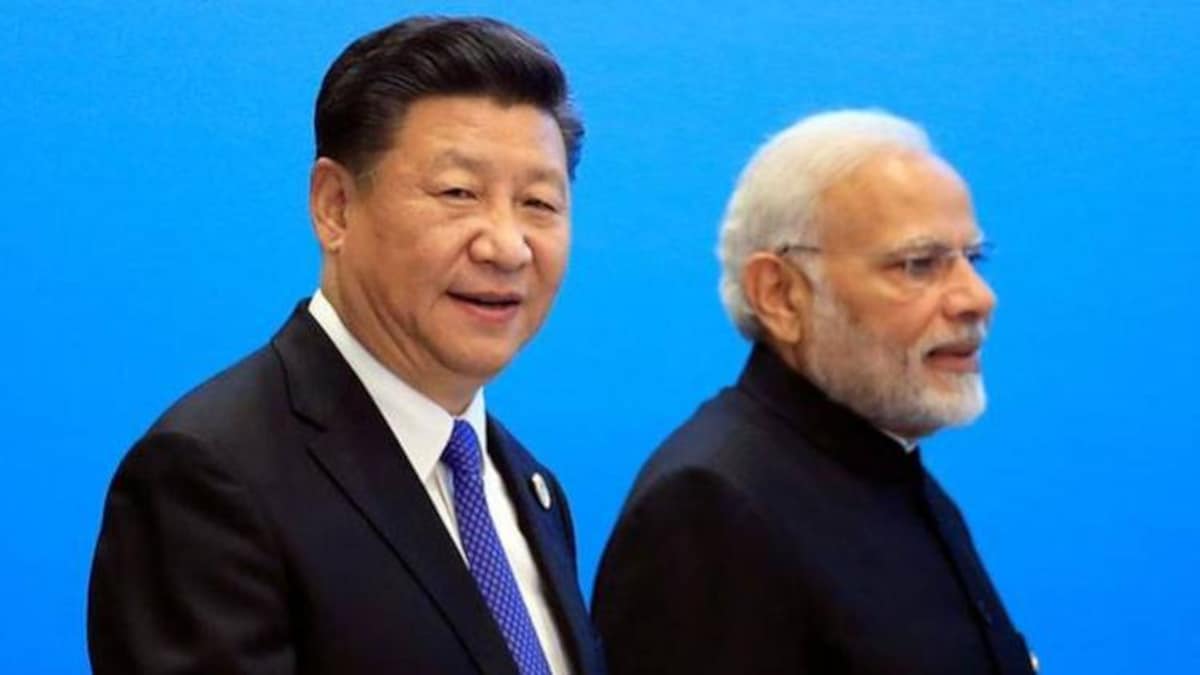Amidst the meeting of PM Modi and Xi Jinping, India increased taxes on these Chinese goods
New Delhi: Today is a new beginning in India-China relations, but a big incident also happened in this country. Prime Minister Narendra Modi held separate talks with Chinese President Xi Jinping on the sidelines of the BRICS summit in Russia. This was the first meeting between the heads of state and government of the two countries in a long time. Both the leaders agreed to resolve the border dispute through agreement. On the other hand, India has imposed anti-dumping duty on some Chinese products to protect its domestic industry.
To protect domestic companies from cheap imports from China, India has imposed anti-dumping duty on five Chinese products including frameless glass mirrors and clear cellophane films for five years. Of these products, isopropyl alcohol, sulfur black and thermoplastic polyurethane are subject to such duty. These goods were imported from China at below normal prices.
Also read: Slow Charging Problem: Is your phone also charging slowly, understand how the problem will be solved?
The board announced in a five-part notice

Both leaders agreed to resolve the border dispute through agreement
The Central Board of Indirect Taxes and Customs announced in a five-part notice that these charges will be imposed for five years. The government has imposed taxes of $82 per tonne and $217 per tonne on isopropyl alcohol for medical and industrial use against various Chinese companies. It is also used as a preservative and hand sanitizer.
Additionally, anti-dumping duty of up to $389 per tonne was imposed on imports of sulfur black. Used for dyeing cloth, paper and leather. Similarly, import duty on thermoplastic polyurethane for automotive, medical and electronic applications will now range from US$0.93 to US$1.58 per kg. Anti-dumping duty on clear cellophane films used as packaging material has been set at US$1.34 per kg. However, frameless glass mirrors are charged $234 per ton.
Also read: Punjab: Farmers will take to the streets from today due to laxity in paddy procurement, will block roads
The process of imposing anti-dumping duty in India is complete
There is a complete process for imposing anti-dumping duty in India. The DGTR, under the Commerce Ministry, first investigates dumping cases. After that it sends recommendations for imposing fees to the ministry. Then the Finance Ministry takes the final decision on imposing these charges. India has earlier imposed anti-dumping duty on several products to counter cheap imports from various countries, including China. China is India's second largest trade partner.


Comments are closed.